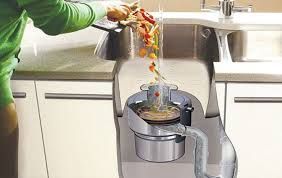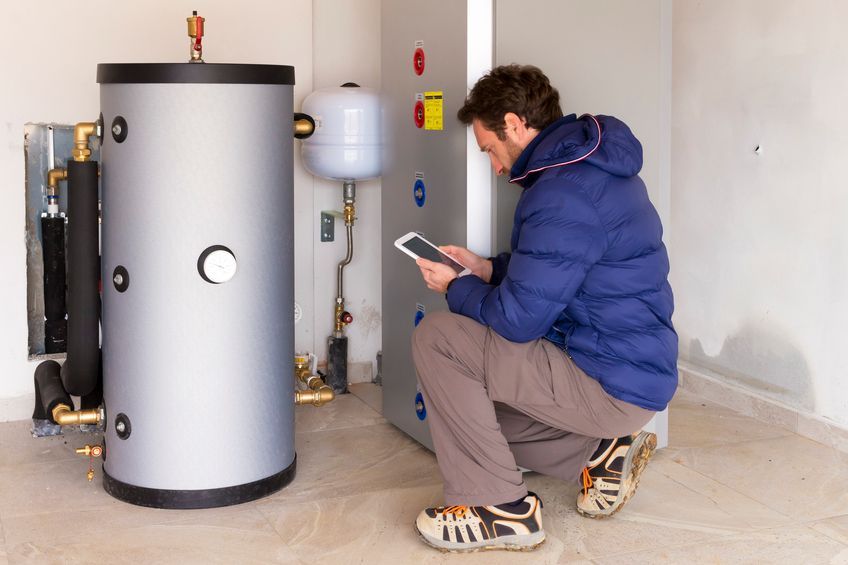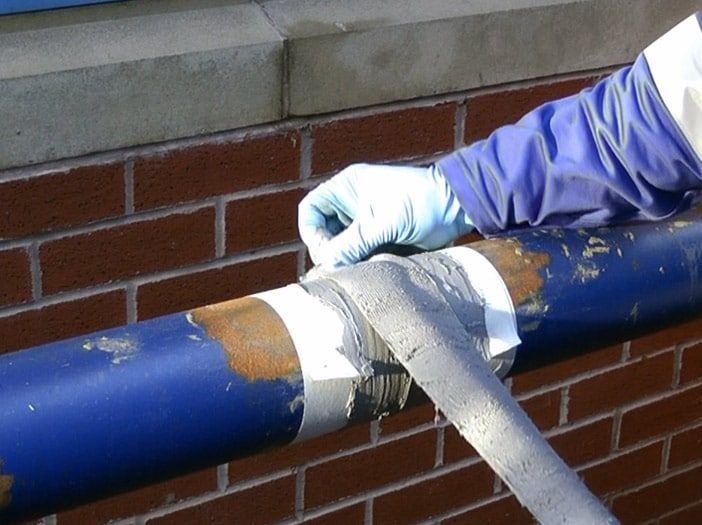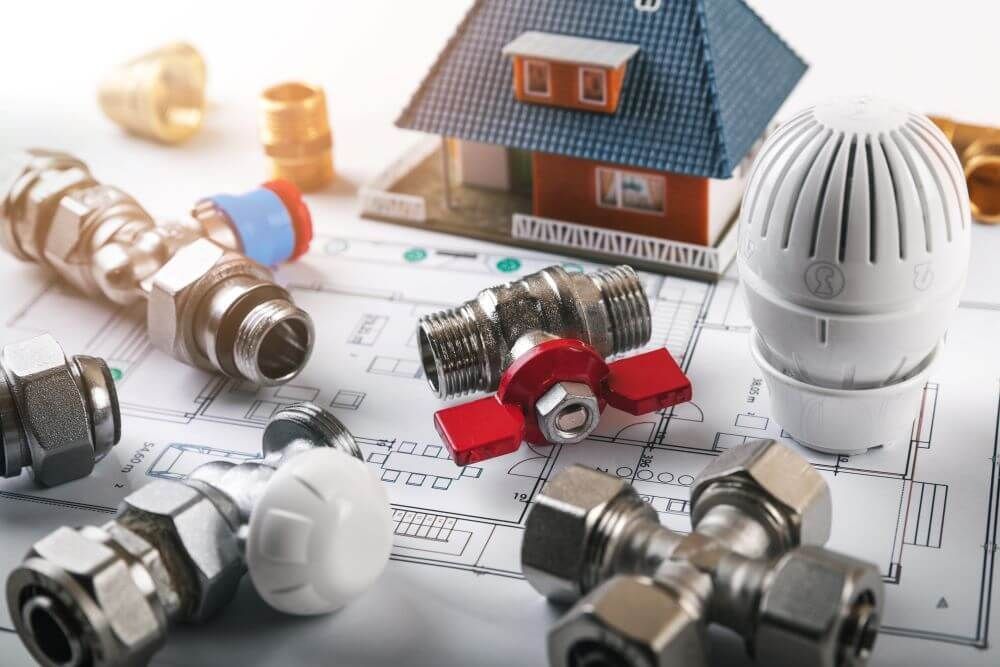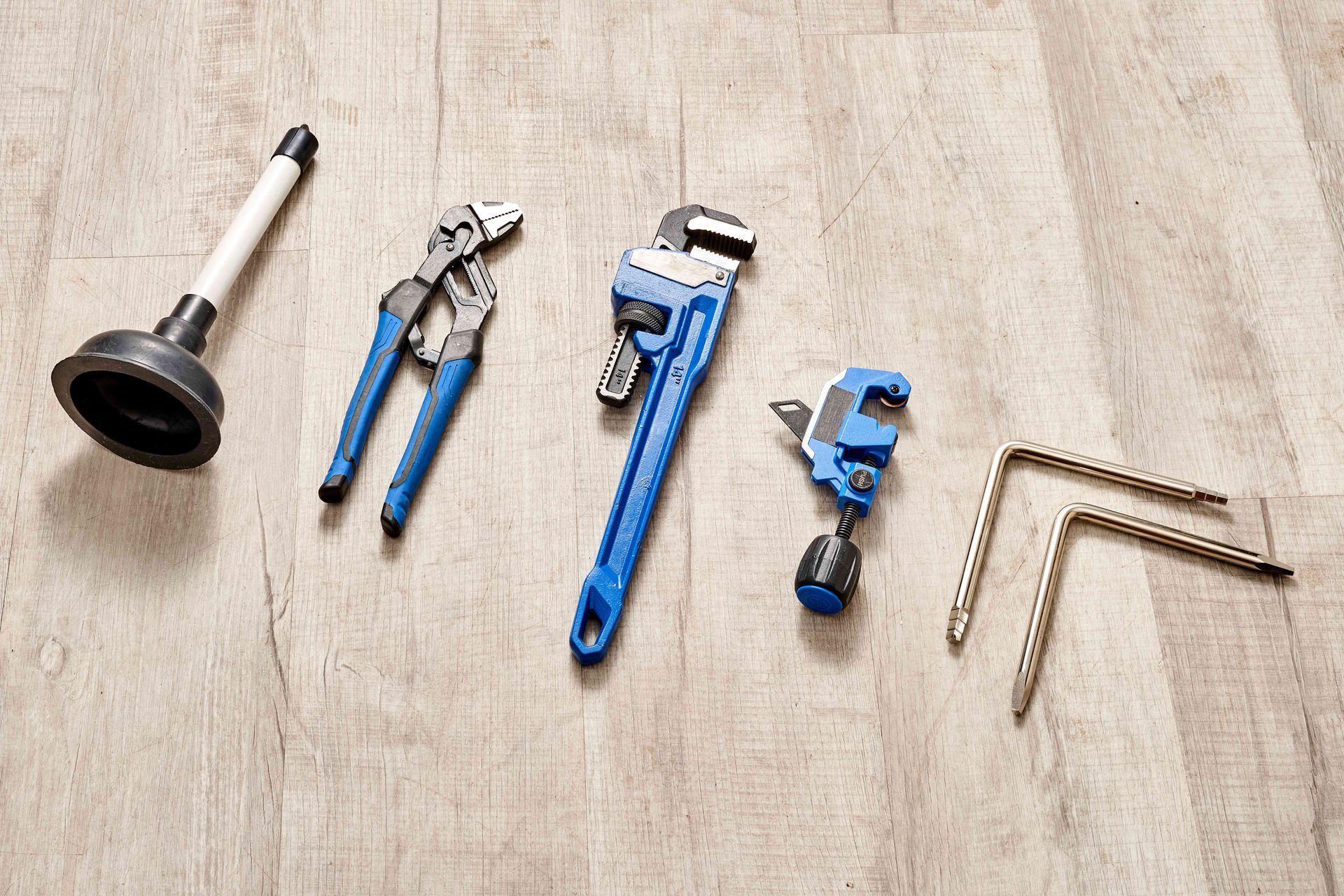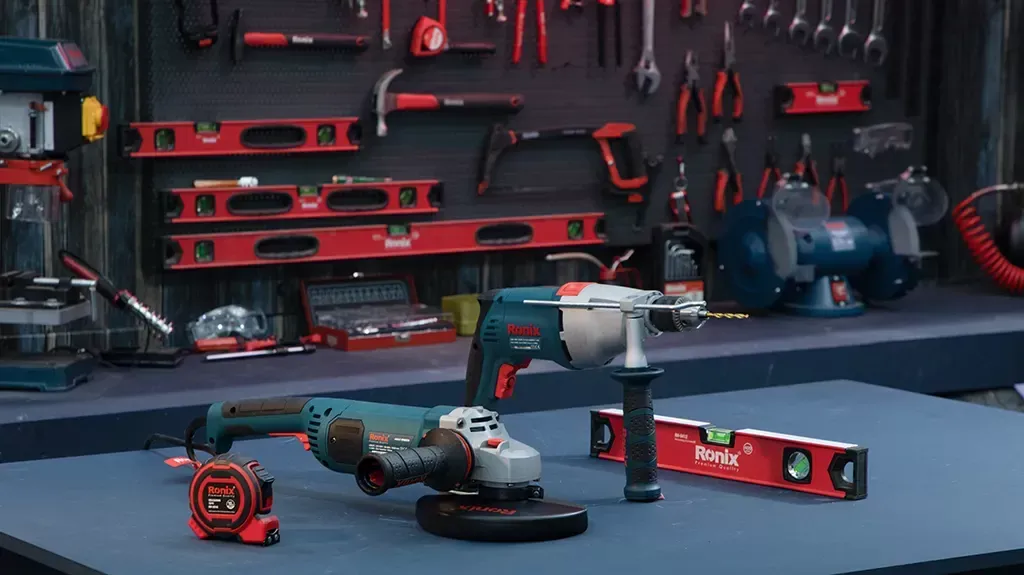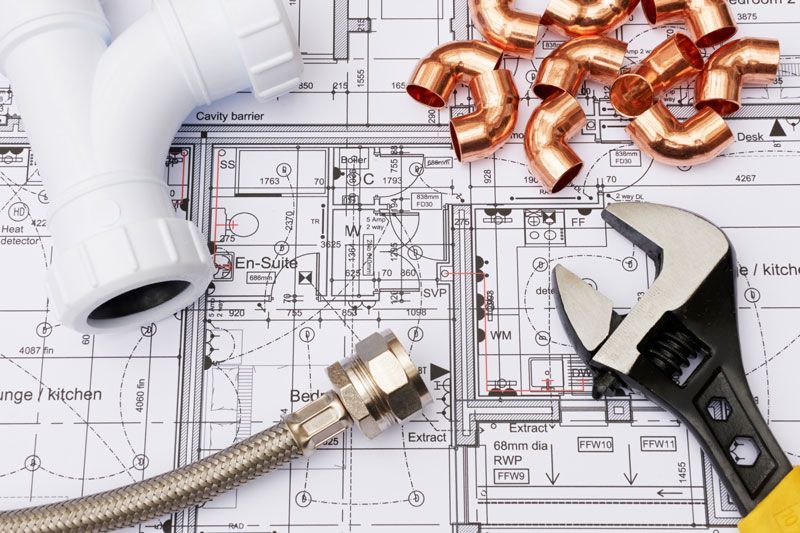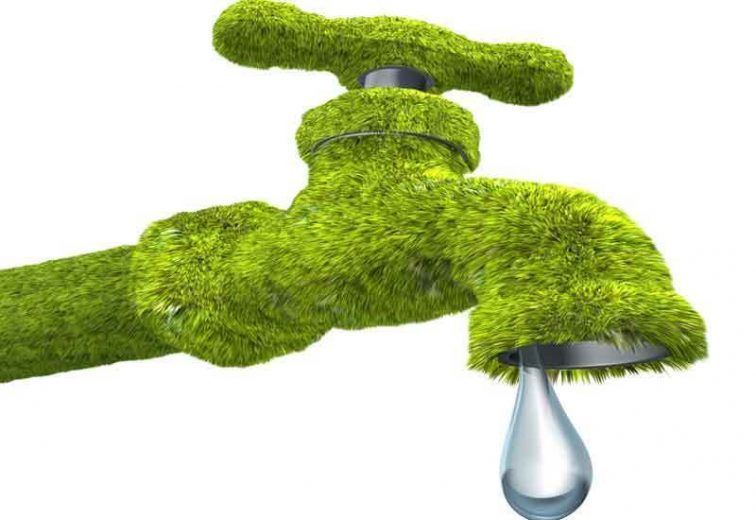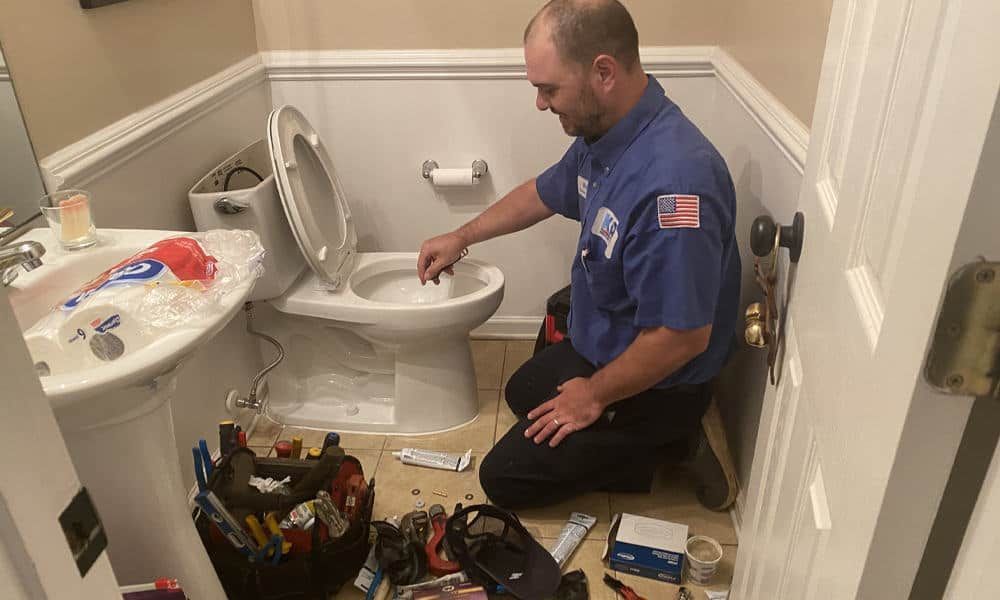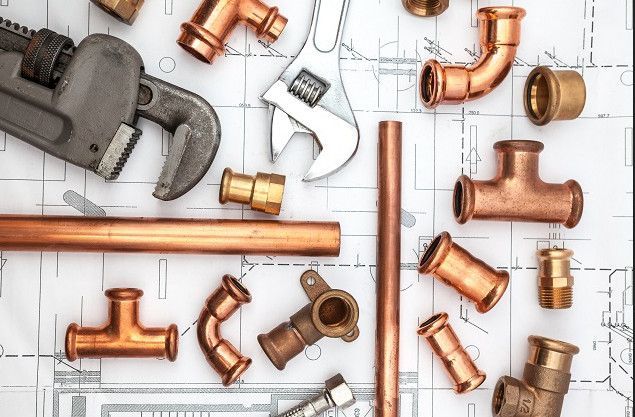How Long Does A Tankless Water Heater Last?
How Long Does A Tankless Water Heater Last?
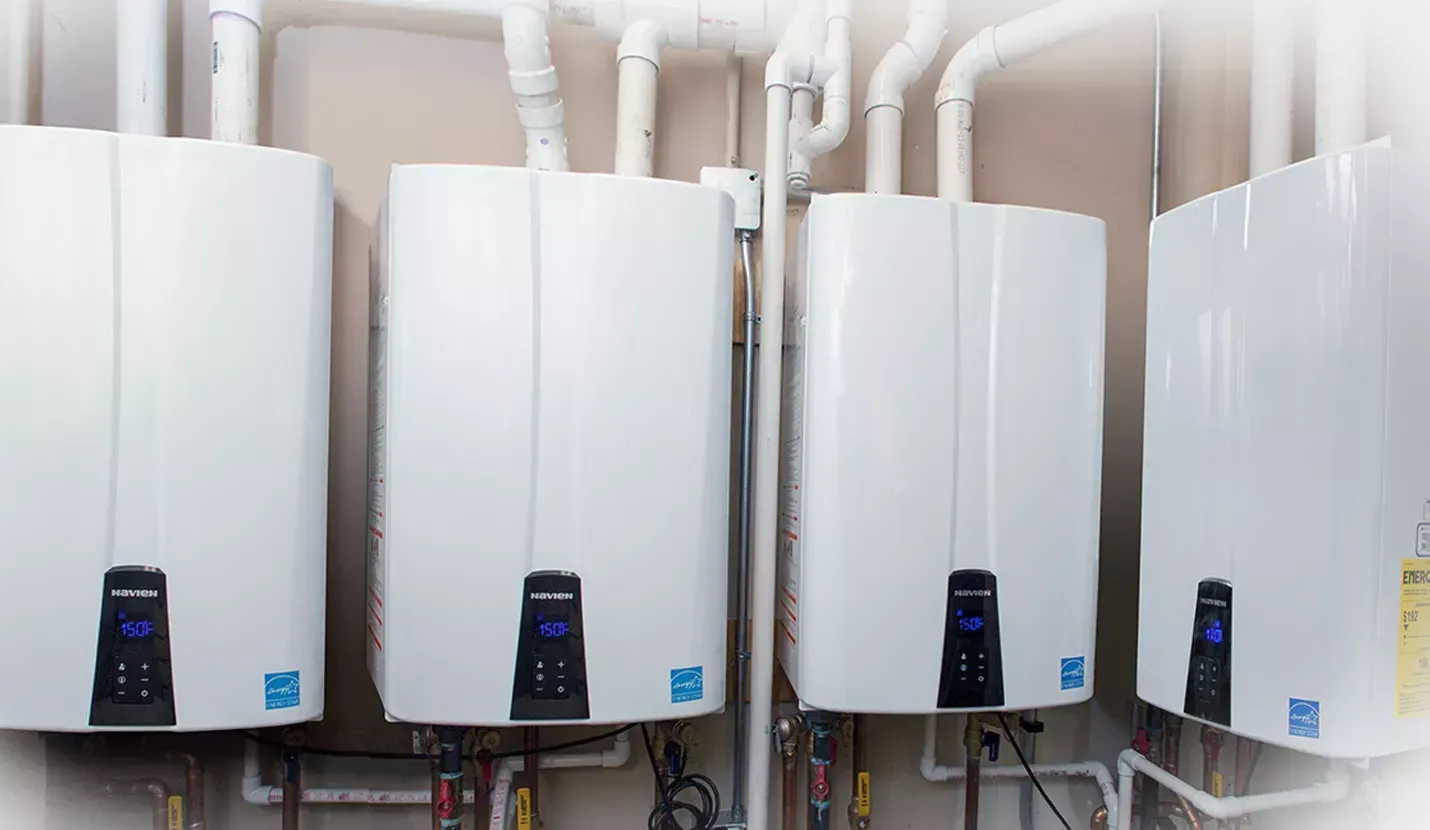
Tankless Water Heater Models
Depending on the quality of the model you select, a tankless water heater, whether it be an electric water heater or a gas water unit on average can last between 15 and 20 years with proper care and use.
A tank unit, on the other hand, typically has a lifespan of 10 years or less.Tankless water heaters provide a supply of hot running water on demand to showers, baths, and faucets for example using cutting-edge technology.
Compared to tanked hot water, these heaters do not conserve water. Regarding the lifespan of tankless water heaters, the answer is that they outlast other hot water systems in most cases.
A tankless system’s life will be significantly lengthened if they are flushed regularly. Regular maintenance on your tankless water heater will prolong the life of your tankless water system. If you want to increase the lifespan of your tankless water heater, call for a professional
How Does a Tanlkess Water Heaters Work?
Tankless water heaters function by using an electric element or a gas burner to heat the water as it enters the unit through a pipe.
With instant comfort and convenience, this gives endless hot water.
In contrast to conventional water storage tank heaters, the hot water supply is not retained in the tank.
Why Do Tankless Water Heaters Have a Longer Lifespan?
Compared to conventional water heaters, which are constantly exposed to moisture, tankless water heaters are less susceptible to corrosion caused by water. A tankless water heater has an average lifespan of 20 years compared to a typical water heater’s 12 years.
Less Corrosion
Compared to tank water heaters, tankless water heaters are far more efficient and less corrosive. They have a longer life expectancy and as a result, are less expensive to operate in the long term. Compared to conventional tanked water heaters, tankless water heaters are less exposed to water, which makes them less vulnerable to corrosion and scale from hard water.
Less Sediment Build-up
The lifespan of a tankless water system is longer than the tanked water heater since it collects fewer corrosive sediments such as calcium, silt, and other minerals from the incoming flow of hard water.
Deposits of calcium, silt, and other minerals can reduce the efficiency of your tankless heater. Therefore, it is important to regularly clean your tankless hot water system. Calcium and silt building function as an insulator, using more energy than necessary and preventing the components from adequately heating the water.
Your tankless water heater’s flow rate may also be decreased by clogged pipes due to the accumulation of minerals and sediment. Sediment may build up to the point where it obstructs pipes, causing clogs, leaks, and possibly even harm to the water heater.
A well-built and maintained on-demand tankless system can last up to 25 years, however low-quality incoming water will limit the life of your tankless heater! One of the simplest methods to protect your tankless water heater is to make sure the water entering it is clean and clear of debris and minerals. Water softeners, sediment filters, and frequent flushing all help to give your tankless water heater a longer life.
Some of the issues include insufficient hot water, variable water temperature, and increased energy expenses.
Tankless Water Heaters Have Fewer Leaks
Why is the lifespan of a tankless water heater twice that of a tanked heater? This is due to the minerals found in hard water. A typical steel tank will corrode from the inside out and finally leak.
Tankless water heaters are popular. They consume less energy than storage water heaters because they heat water only when it is needed rather than storing hot water. Because they do not hold hot water, leaks are far less likely.
However, after a few years of use, the piping and joints may leak. A leak is unlikely, but if ignored, it can be disastrous, resulting in high water damage restoration costs.
Of course, such problems can be avoided, you can prevent a burst, leak, or flood from a water heater by taking the procedures of regular maintenance tasks listed below.
Whether you do it yourself or call a plumber, the tank should be drained and flushed, the anode rod examined, the T&P valve tested, the temperature set correctly, the flooring covered, and the anode rod tested.
If not properly maintained, the leakage could destroy your property, develop mold, or even cause bodily harm.
If you want to avoid leaks, you can choose the most durable tankless systems, or you can install a leakage sensor that will notify you if a leak happens.
Replace every 10–12 years and do annual inspections.




